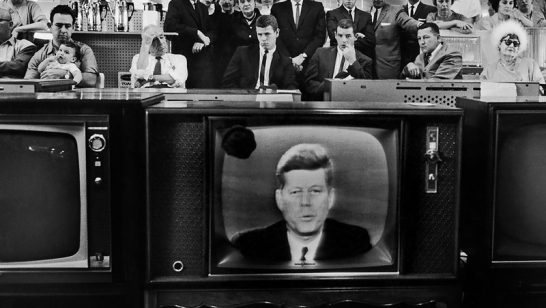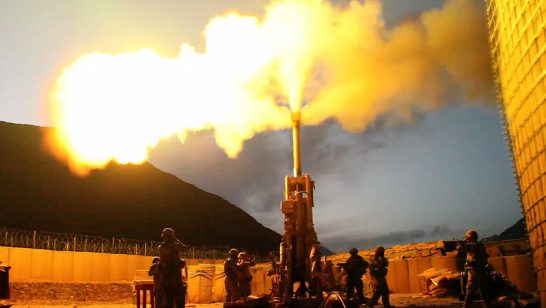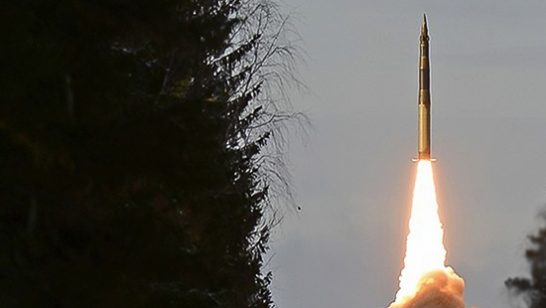
Since the end of the Cold War, arms control has often been perceived as a cooperative endeavour. Particularly in Europe, the assumption was that states would pursue disarmament, confidence- and security building, and risk reduction measures to further improve political relations and eventually create a security community. While the global arms control regime has been deteriorating for some time, Russia’s war in Ukraine has altered this paradigm irrevocably. In combination with a more assertive China, the evolving multipolar strategic rivalry puts arms control back in a competitive context—one that has defined Euro-Atlantic and global politics during and prior to the Cold War.
This paper, by Dr Alexander Graef and Tim Thies, looks at what kind of arms control might be feasible in this new environment. Drawing on lessons from the past, it argues that arms control is possible under conditions of strategic rivalry and can become part of a comprehensive strategy that builds upon policy linkages. It can alter the costs of escalation, increase confidence in military stability, buttress post conflict situations, and help manage the ongoing global power transition.
Even under conditions of multipolar rivalry, the United States and NATO allies should pursue limited yet necessary arms control measures that enhance their security. They should focus on:
- Extending New START provisions;
- Facilitating possible Chinese participation in multilateral arms control processes;
- Improving the safety of navigation and communication in the Indo-Pacific;
- Ensuring the resilience of C3 systems;
- Specifying the role of conventional precision-strike weapons in their military postures.
Together, these measures can provide clear advantages to states because they help clarify the rules by which they compete with each other.
Read the full paper here.
The opinions articulated above represent the views of the author and do not necessarily reflect the position of the European Leadership Network or all of its members. The ELN’s aim is to encourage debates that will help develop Europe’s capacity to address the pressing foreign, defence, and security policy challenges of our time.
Image: Wikimedia commons, Verne Equinox




